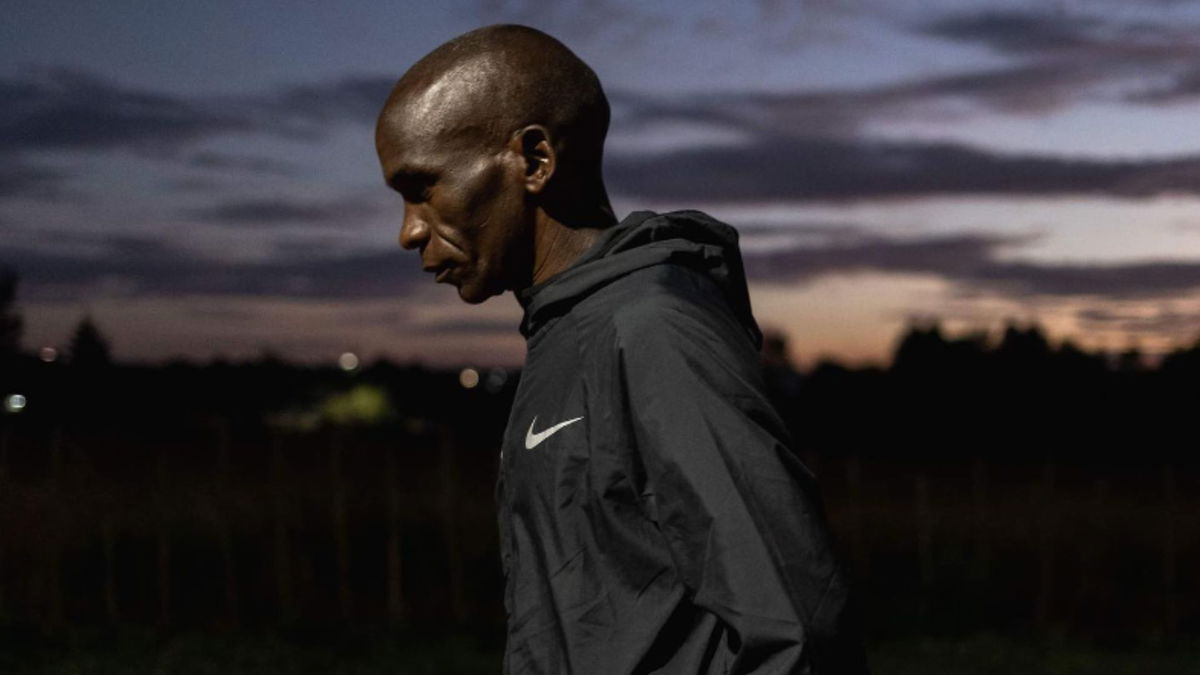
Imago
Credits: Instagram: Eliud_Kipchoge

Imago
Credits: Instagram: Eliud_Kipchoge
The struggles experienced by 4x Olympic champion Eliud Kipchoge highlight the negative aspects of social media, where pernicious assaults and unfounded rumors can severely impact professionals’ lives. Amid the acclaim surrounding the Olympics in Paris, Kipchoge was wrongly accused of being responsible for the untimely demise of fellow Kenyan marathon runner Kelvin Kiptum.
Watch What’s Trending Now!
Sadly, Kiptum, the youthful world record holder who was set to rival Kipchoge’s power in marathons over 26.2 miles, passed away at the age of 24 in a terrible car accident that occurred in February. Besides ruining Kipchoge’s reputation, the baseless rumors that drove the online abuse also threatened and intimidated him and his loved ones. Eliud Kipchoge addressed the shortcomings of social media platforms in the fight against bullies. The threat posed by unidentified online trolls was highlighted by him when he said, “These faceless people are posting bad things and are really dangerous.”
Following Kiptum’s tragic death, several social media users turned to disseminating false information that said Kipchoge was involved in the tragedy. A proactive approach to safeguard athletes from cyberbullying and harassment has been offered by the International Olympic Committee (IOC) in response to the growing threat of internet abuse. The IOC has taken an important step in ensuring athletes’ safety, which plans to use artificial intelligence and outside assistance to detect abusive posts and report them to social media firms.
ADVERTISEMENT
Moreover, Eliud Kipchoge mentioned, “I think it’s actually the right direction,” he continued. “They are now stamping their authority and their function as an organisation handling the athletes to safeguard them from abuse.” By taking preventive steps ahead of the Paris Olympics, the IOC intends to stop the kind of online abuse that Eliud Kipchoge experienced. This illustrates the larger problem of protecting athletes from malevolent attacks on social media.
The IOC’s Paris Olympics 2024 mental health program divulged
The IOC is preparing to address issues related to mental health in sports with new policies and initiatives as Paris Olympics approaches, with just 2 months to go. The IOC’s mindfulness program is one such effort. It aims to improve athletes’ daily mental health and well-being by giving 2,000 licenses for the Calm app to players.
ADVERTISEMENT
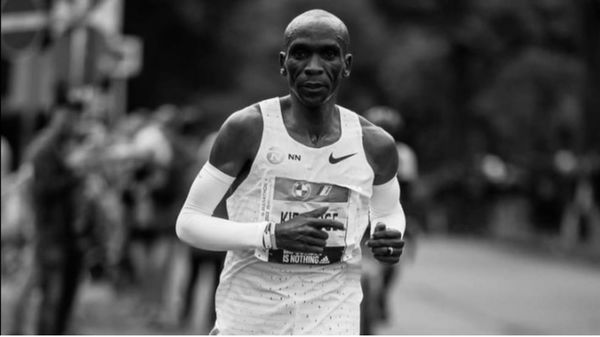
ADVERTISEMENT
A mental health helpline will also be accessible to offer prompt assistance when required. Mental health support services in more than 70 languages will be available to athletes performing in Paris and for the next four years in their home nations. An area set aside for psychologically fit people in the Olympic Village next to the gym gives competitors a place to unwind away from the buzz of the competition. In addition, the IOC intends to deploy AI to stop abuse on social media.
Furthermore, athletes have access to these encouraging surroundings, according to Kirsty Burrows, head of the IOC’s safe sport branch. Kirsty Burrows, stated, “They should feel that there are support systems around them. They should feel if they have a concern around mental health or wellbeing or any areas, that they are able to speak up and they’re able to seek support. And there are systems in place that help them to do that”. She underlines how critical it is for athletes to feel at ease discussing their mental health issues and getting access to the resources they need.
ADVERTISEMENT
These programs will be tested in 2024 Paris to improve the psychological results for athletes of all levels by 2026. The IOC prioritizes psychological safety for all athletes and seeks to put in place procedures to support them. Thus, not just during the Olympics, but also in national federations and Olympic committees.
Top Stories
Forced to Leave FOX, Cowboys Legend Troy Aikman Says ESPN Is Like ‘U.S. Government’ & Clearly Distinguishes the Two Networks
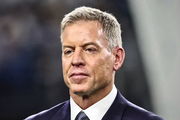
Todd Bowles Points Fingers at Baker Mayfield & Co. in a Strong Statement That Could Get Him Punished After Bucs Loss

What Settlement Agreement Have Michael Jordan & NASCAR Reached? Everything to Know From Evergreen Charters to Payout

Arthur Blank Makes Firing Decision on Raheem Morris After Falcons HC Lands on Hot Seat
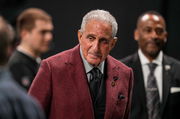
Cowboys Legend Troy Aikman Teases NFL Comeback After Airing FOX’s Dirty Laundry
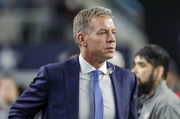
Charley Hull Opens Up on Traumatic Divorce from Ex-Husband for the First Time Ever

ADVERTISEMENT
ADVERTISEMENT
ADVERTISEMENT

